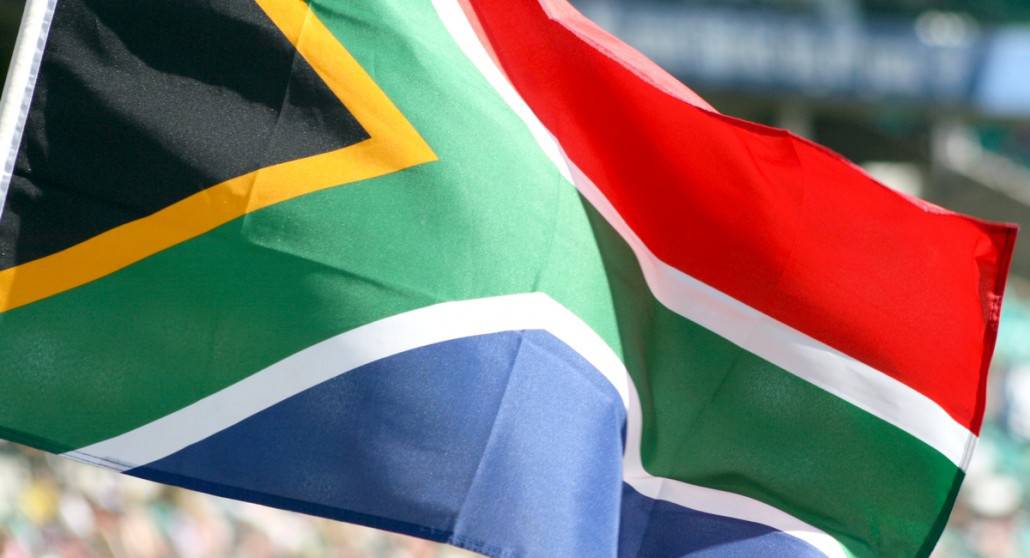By Kwazi Dlamini
UPDATE, 27 July 2018: Deputy Chief Justice Raymond Zondo has confirmed that the first hearings into state capture will begin on 20 August this year and implicated individuals will be alerted about the proceedings on Monday. He said the hearings will not last less than three weeks and might even take longer, while the first hearing will not exceed six weeks. Zondo also added that the second hearing will probably begin before the end of this year and is likely to resume early next year.
The Commission of Inquiry into State Capture is well on its way towards uncovering the extent of and consequences of the looting from the state that happened under former president Jacob Zuma’s administration. This reassurance was expressed by the commission’s chairperson, Deputy Chief Justice Raymond Zondo.
On Thursday Zondo briefed the media on the progress of the commission so far. The rest of the commission’s leadership was also present, including its head of investigations, Terence Nombembe, and Paul Pretorius, who heads up the legal team.
There have been some talks with some government departments, said Zondo, and due to the nature of these talks there was a delay. “But in the end we were able to reach an agreement, and we are able to move forward.
“Part of what delayed us, which is connected with confidentiality, was that the funding model for the commission required to ensure that this confidentiality that we’re talking about will be built in into the funding model,” he added, “so that we would not be hampered in making sure that our investigations proceeded in a certain way with that level of confidentiality.”
Investigators will definitely be able to go into the field and start their work. “Arrangements have been made with people in various government departments and entities to make sure that we will get proper co-operation with regard to the work of the commission,” said Zondo. He added that his team is receiving co-operation from all those that have been contacted so far, and this will be very beneficial once investigators get on with their work.
He singled out the Public Protector’s office as well as the National Assembly as having been co-operative in providing records relating to investigation into state capture to the commission. Some portfolio committees of Parliament have had inquiries into state capture in the past. The team will also get records from the Department of Public Enterprises, within which there have been allegations of state capture.
The commission envisages that public hearings will begin in August, said Zondo. This is because there was a requirement for good planning ahead of this phase of the inquiry. “We appreciate the fact that the public has a huge interest in this commission and its work, and it is right that it should be so, because the matter that we’re investigating is of public interest.”
“Be the one who helps the country restore integrity and good ethics in government and the private sector.”
A notice calling for public submissions will go out in the Government Gazette by the end of May. Zondo encouraged members of the public who have any knowledge or evidence on the state capture to come forward and report to the commission. He also stressed that since they have managed to get premises for the commission, work will soon commence and their investigators will go into the field to investigate using the evidence they already have, including the Public Protector report. Paul Pretorius said: “We are looking at all the sources of information that already exist – even the public will be invited to give evidence”.
The commission will operate from Hillside House, which is at 17 Empire Road, Parktown, Johannesburg. Information can also be posted to this address which is where the staff will be based throughout the duration of the state capture commission of inquiry.
A website has also been set up that will allow people to submit evidence or any piece of information they have on state capture. The commission welcomes assistance from any person or entity that wishes to place evidence or submissions, which are relevant to its terms of reference, before it.
Members of the public can also phone the call centre on (010) 214 0651 or report via e-mail at inquiries@sastatecapture.org.za.

